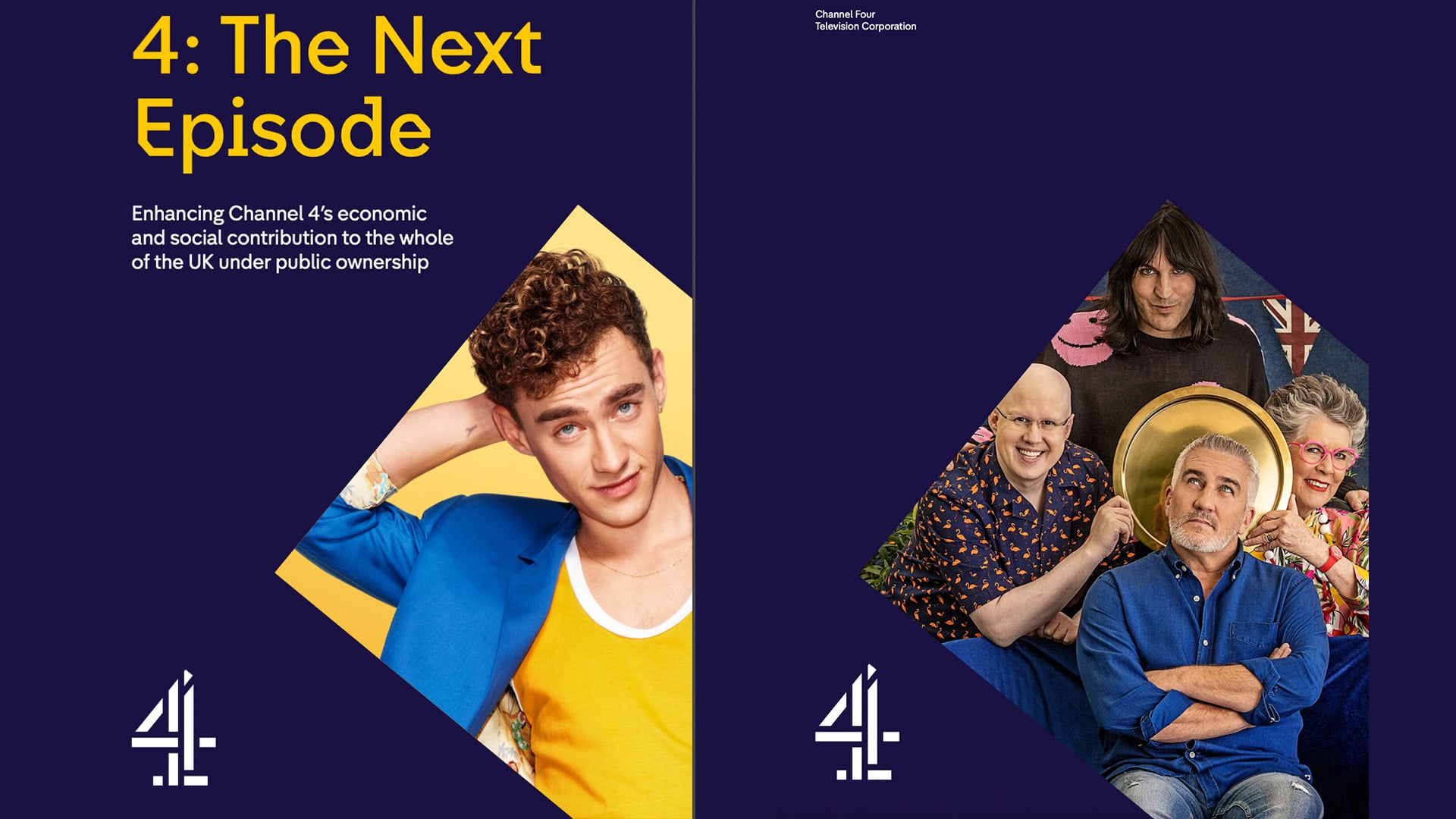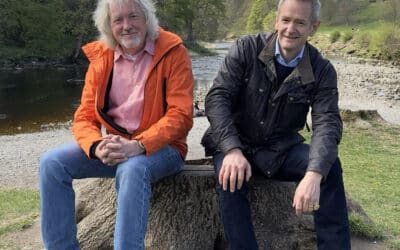Channel 4 has outlined proposals to become a Northern-based broadcaster, with the majority of its staff based outside of London.
A new digital-first Channel 4 would have its head office in Leeds and “streamline” its London presence, with a new base. It’s a response to the government’s move to privatise the channel.
In the paper, 4: The Next Episode, published today, it sets out its vision of “what Channel 4 can be and can do, while continuing to be owned by the British people.”
CEO Alex Mahon uses the government’s own words, by describing Channel 4’s future as a “levelling up broadcaster” with plans to employ 600 staff outside of London by 2025.
Channel 4 also proposes enshrining in its licence, a commitment to commission at least 50% of its content from the Nations and Regions every year.
It would also “dramatically” expand its Leeds-based digital content production operation, 4Studio to become a “truly digital-first” PSB.
“The last two years have transformed the profile of Channel 4’s audience and revenues, and significantly bolstered our net asset and cash position – allowing us to accelerate our strategy and invest in our future,” said CEO Alex Mahon.
“There is much to applaud in the Government’s White Paper and they have clearly thought about some of the issues that we collectively face. In fact, we agree with Government on a number of things. The UK broadcasting industry does face immense challenges; that it’s vitally important to do everything we all can to ensure that audiences can continue to enjoy great British content that represents, reflects and celebrates in the incredible diversity of this nation; and that we nurture a successful independent production sector.
“However, the White Paper proposes some significant changes to the Channel 4 model and to its role as a key institution as part of the UK creative industries landscape. We also recognise that standing still in this ever-changing world is not an option. We developed a new vision, 4: The Next Episode, which represents our vision of what more Channel 4 can be and can do, while continuing to be owned by the British people.”














